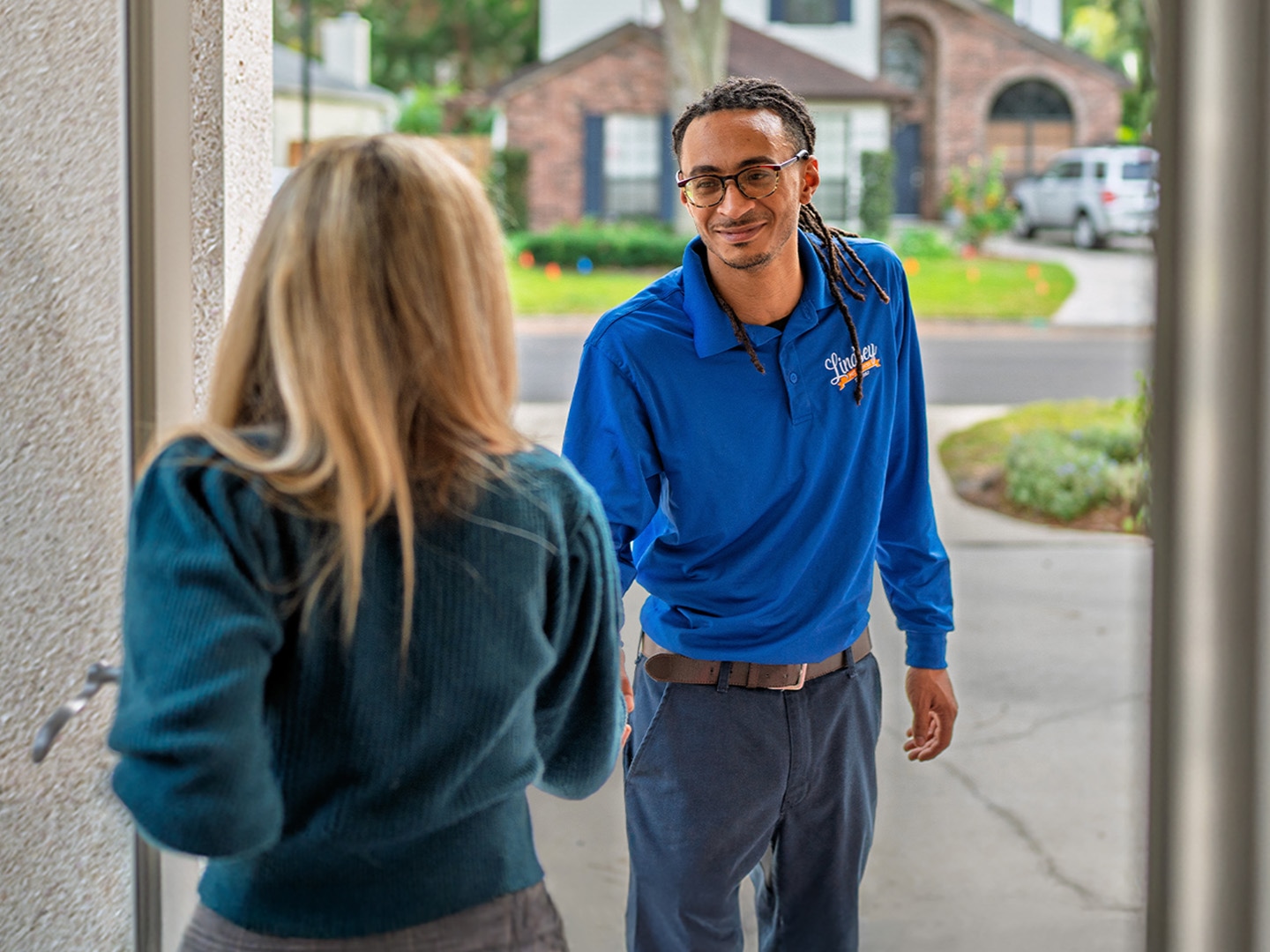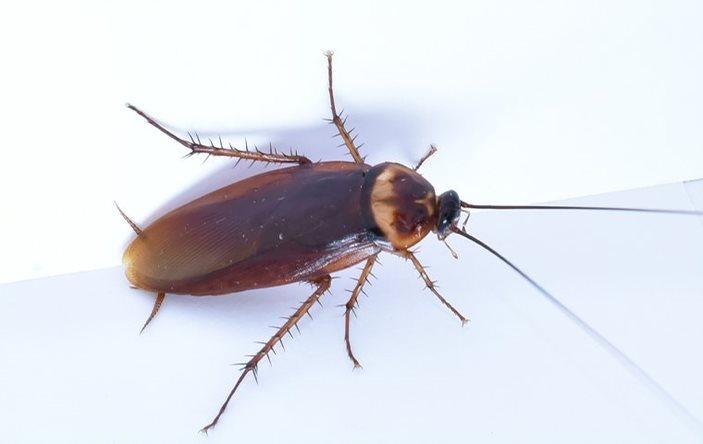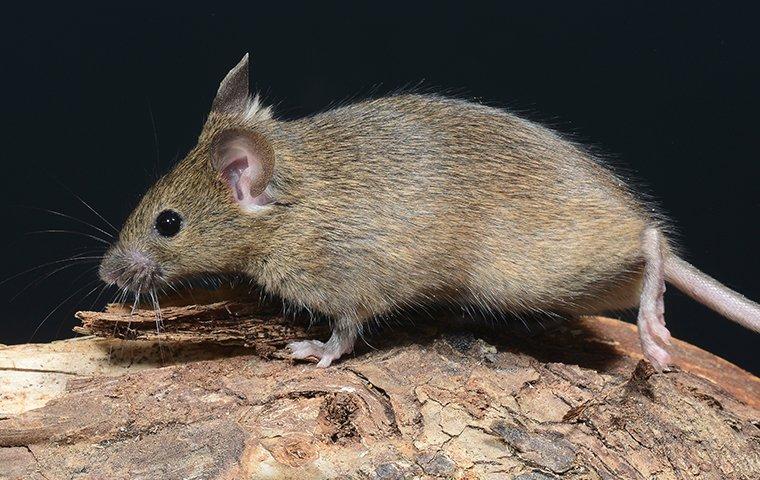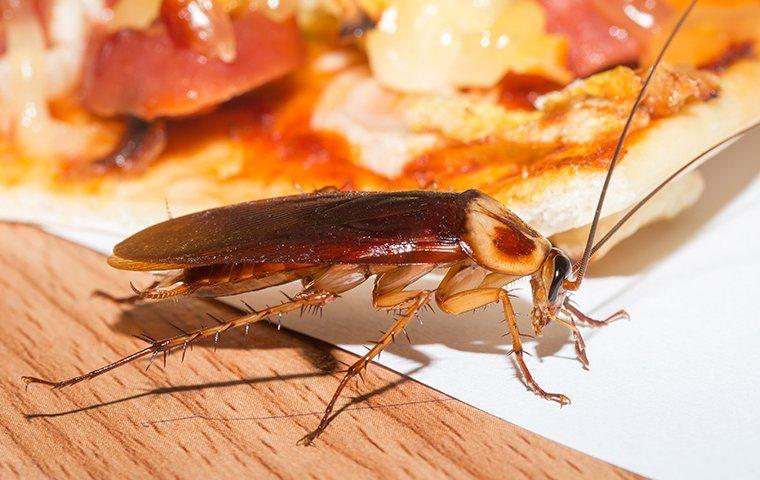How Much Do You Really Need To Know About Carpenter Ants In Jacksonville
Jul 30, 2020
Ants can seem like innocuous household pests since most kinds are merely nuisances that aren’t dangerous for you or your loved ones. But other ant varieties, like carpenter ants in Jacksonville, can do a whole lot of damage if left unchecked. Knowing how to spot the signs of an infestation may just save your home - and your bank account.
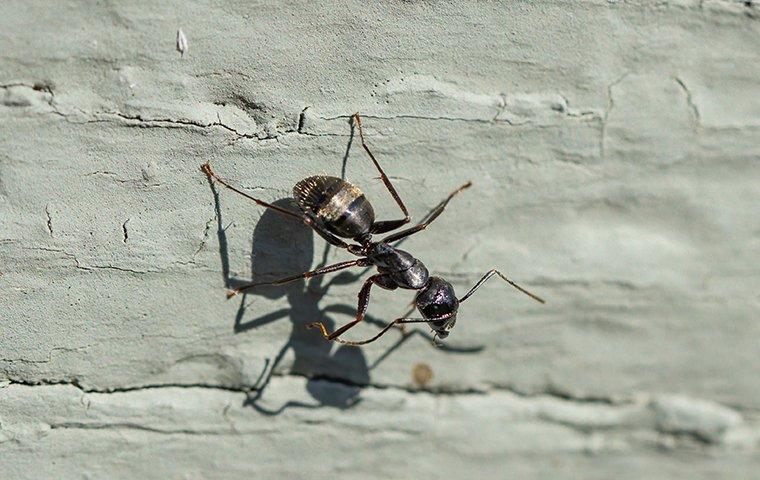
What Are Carpenter Ants?
Carpenter ants can often be mistaken for other types of household ant varieties. That’s because, unlike termites, carpenter ants don’t eat wood, they simply bore into it to make nesting grounds. That means they can be spotted crawling around looking for food in the same areas that sugar ants or other nuisance pests are spotted. Carpenter ants’ dark coloration also makes them look similar to these varieties.
However, you can tell carpenter ants apart mostly by their behavior or the signs of their nests. Holes bored into walls and baseboards, or fine-grained sawdust called “frass” both act as clear indicators of carpenter ant activity. If you see ants crawling out of these holes, you'll know that a new wave of offspring is just around the corner.
The Terrors Of Carpenter Ant Infestations
Unlike other ant species, carpenter ants bore into soft wood to make tunnels and protective chambers for their eggs. While the other common wood-boring pests, termites, typically eat through woods at a faster pace, carpenter ants can and do cause lasting damage to structures. That’s why it’s important to spot the signs of an infestation early because a carpenter ant colony can toil away for many weeks unseen.
Signs Of An Ant Problem
A lot of the signs of a carpenter ant infestation are similar to the signs of termites in a structure. Spotting these early on will give you a fighting chance at preventing irreversible or costly property damage:
- Frass: Carpenter ants leave little piles and trails of sawdust, called “frass,” all over their nesting grounds. You’ll typically spot this powdery wood where floors meet the wall.
- Buckling woods: While it takes carpenter ants longer to hollow out wood than termites, they can accomplish quite a bit of woodworking if given enough time. Their alteration of the wood can cause it to buckle and warp, resulting in wonky fits to windows, doors, and floorboards.
- Food contamination: Carpenter ants forage for food like other invasive ants. Spotting dead or crawling ants inside of food containers, or atop surfaces, is a good indicator that a larger colony is nearby.
Ant Prevention Tips
Spotting the early signs of an infestation is all the indication you need to take action and call the experts. But what can you do to keep ants from getting on your property in the first place? The following are helpful steps for property owners to stay on top of proper ant prevention:
- Food storage: Making sure that you store and dispose of food waste in well-sealed bags and containers is important for keeping pests from being drawn into your home. Don’t forget about pet food, too.
- Deep cleaning: Along those same lines, make sure to sweep up crumbs and clean spills in all the hard-to-reach spots, like underneath and behind heavy appliances.
- Crack sealing: Most ant colonies start outside and then members of the colony venture inside for food or protection. They can make it through tiny holes and cracks, so inspecting and maintaining the exterior walls of your property is a smart step. Proper window screen and door sweep installation are important, too.
Professional Ant Control From Lindsey Pest Services
Carpenter ant colonies can be incredibly difficult to get rid of. Constant, proactive pest control is a tall order for busy property owners. Rather than sweat all the small stuff that keeps these tiny pests out, turn to the experts at Lindsey Pest Services for total protection from carpenter ants and any other type of insect that invades your home or business.








